UNI NOVA – Research Magazine of the University of Basel
-
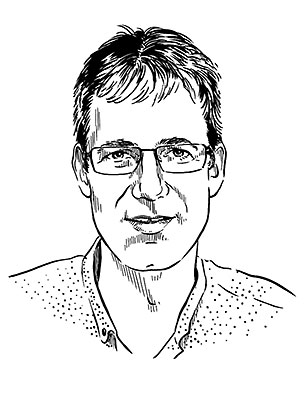 Dossier
DossierThe second revolution in quantum physics.
Text: Dominik Zumbühl / Quantum physics promises to deliver revolutionary new technologies such as the quantum computer – with far-reaching consequences for the economy and society. For many years, the University of Basel has been playing a pioneering role in quantum research.
-
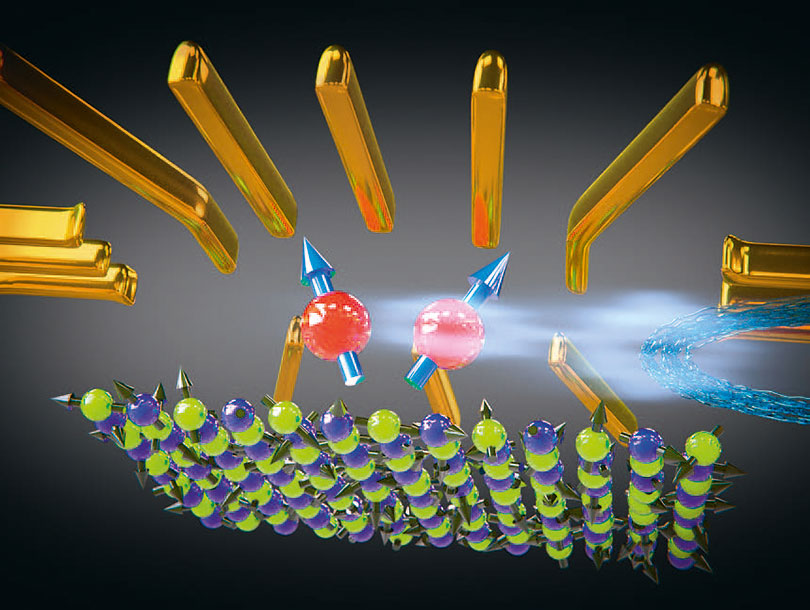 Dossier
DossierQubits – the building blocks of the quantum computer.
Text: Benedikt Vogel / A qubit can store a single bit – the smallest possible unit of digital information – and is the fundamental building block of a future quantum computer. Qubits made of semiconducting materials, such as those being researched in Basel, are among the most promising candidates.
-
Dossier
A new world record of 57 seconds.
Text: Benedikt Vogel / Basel-based physicists are working on a quantum computer that will hopefully use the electron spin to carry digital information. For this to work, they will need to keep the spin stable for a sufficient length of time. Only recently, a new world record was set in Basel.
-
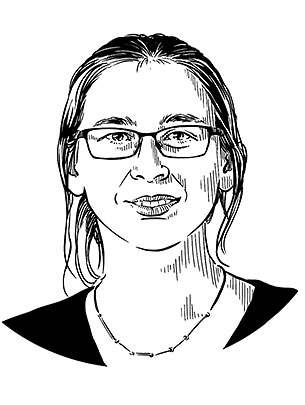 Dossier
DossierThe miraculous property of the Majorana fermion.
Text: Tim Schröder / Quantum computers of the future promise to outshine their conventional forebears with their powerful ability to perform arithmetic operations in parallel. The problem is that qubits, the building blocks of quantum mechanical memory, can still only store information for a short space of time.
-
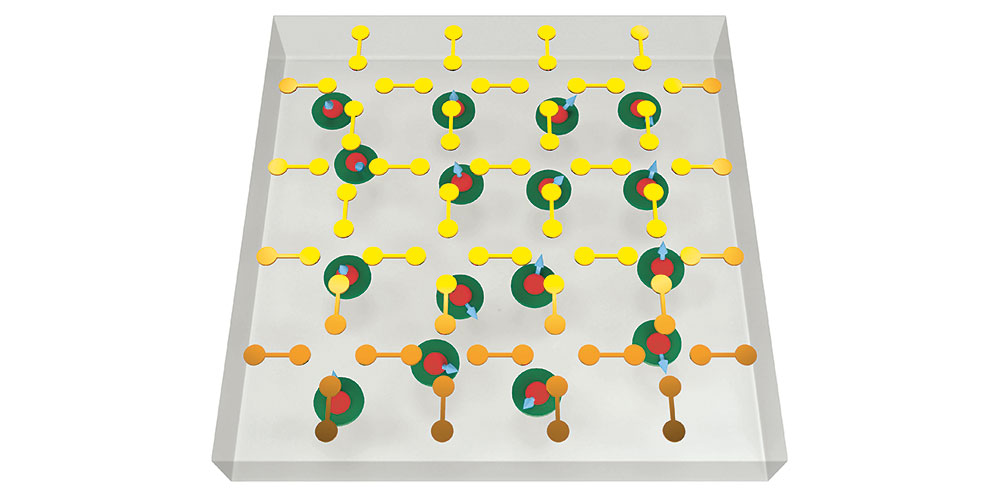 Dossier
DossierSilicon for the super computer.
Text: Leonid Leiva / Today’s modern computers rely on silicon chips. Researchers from Basel are convinced that this material will also prove its worth in the development of powerful quantum computers.
-
 Dossier
DossierComputing in a chaotic world.
Text: Roland Wengenmayr / Quantum information is extremely fragile and can be disturbed by even the slightest interference. Error correction in a quantum computer will require highly sophisticated repair mechanisms. A glimpse into the mind of physicist James Wootton reveals what such mechanisms might look like.
-
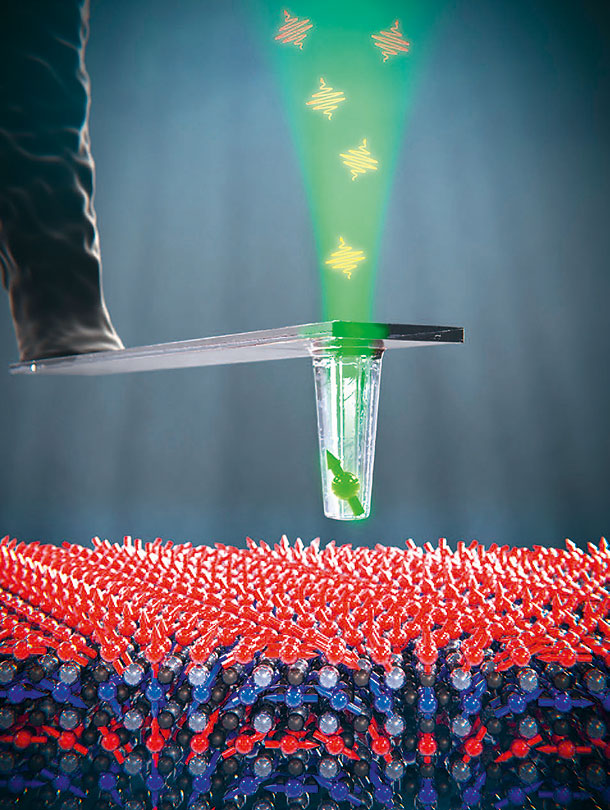 Dossier
DossierQuantum sensors revolutionize microscopy.
Text: Christel Möller / While quantum computers are still a thing of the future, the application of quantum-based sensors is already a reality. Physicists based in Basel have developed extremely sensitive sensors that are able to provide images at an unprecedented resolution.
-
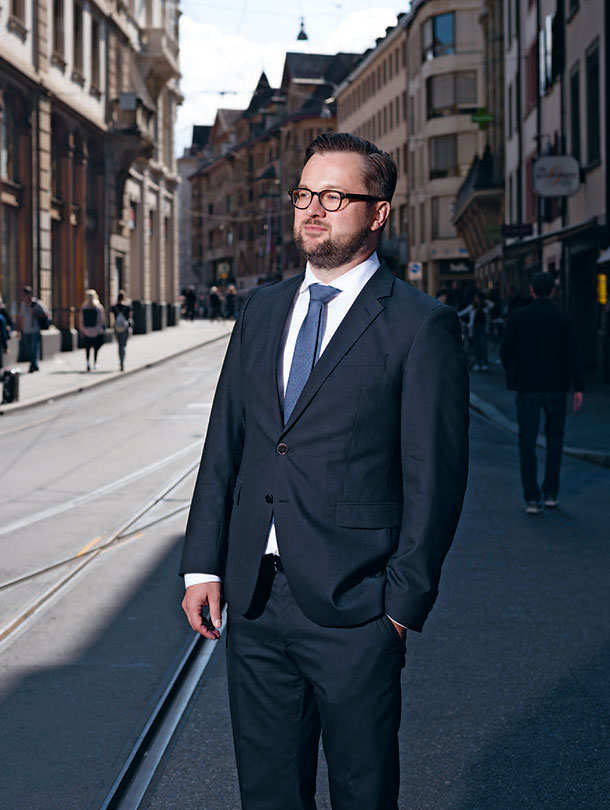 In conversation
In conversation“We live in a class society.”
Interview: Urs Hafner / The sociologist Oliver Nachtwey thinks people should argue openly about their different economic interests and believes that the class society has never ended.
-
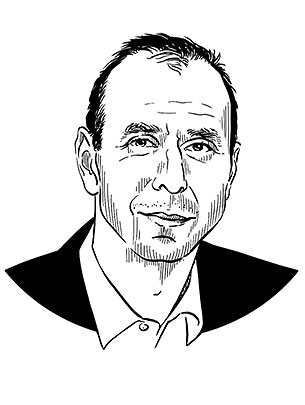 Opinion
OpinionHow precise are the sciences, Tobias Straumann?
Text: Tobias Straumann / The humanities and natural sciences differ fundamentally on the issue of how to depict the world accurately. They also deal with the problem of imprecise findings in different ways.
